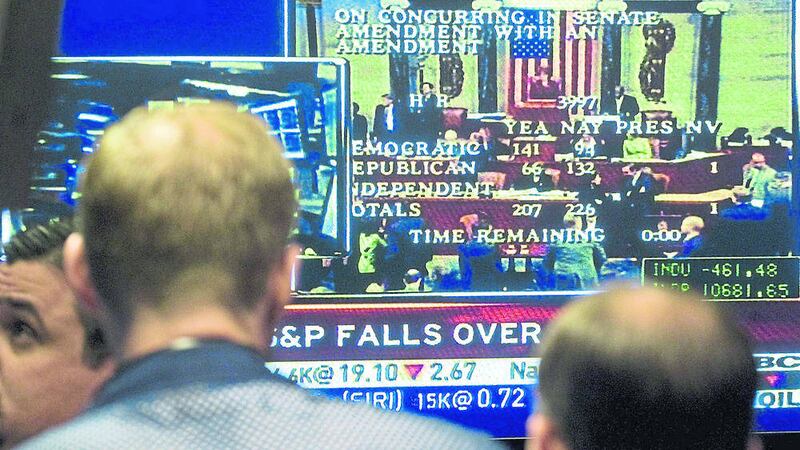MARKETS headlines and action over the past week were dominated by the surprise move by the Chinese authorities to devalue its currency. This latest policy action from China comes amid another string of disappointing economic data - including weak export figures - as the country tries to manage an orderly slowdown in the economy. There has been a sharp increase in the country’s real effective exchange rate as the currency shadows the US Dollar which has been on a marked improving trend over the past year.
This forex turbulence in China follows on the back of a recent bout of volatility in Chinese equity markets where sharp falls were recorded. This spooked the global financial markets. All of this serves to highlight one of the key risks facing the global economy, and one which both OECD and IMF have warned on, is a disorderly Chinese economic slowdown. Along with the various negative spill-over effects from this for the global economy and the markets, it could also potentially delay US interest rate hikes.
While the overall devaluation in the Chinese Renminbi was limited to around 3 per cent, the surprise move sent shock waves through global markets, prompting a bout of risk aversion. This triggered sharp falls in equity markets and a flight into safe haven bonds.
There were also significant moves on the foreign exchange markets, with the US currency losing ground against Sterling and the Euro. These moves highlight that the markets are very nervous at the present time.
With the financial markets focused on the timing of US interest rate hikes and the uncertainty that surrounds this, the release tomorrow of the minutes from the July US FOMC policy meeting should receive plenty of attention. The statement from the meeting contained only minor tweaks, which were positive in tone on the US economy. Overall though, it gave no clear signal as to the exact timing of when the US Federal Reserve may start to hike rates. As a result, the minutes will be scrutinised for any signs that the FOMC may be veering towards hiking rates sooner rather than later.
Looking to economic numbers, the US schedule has very much a housing theme to it. We get an update on the strength of housing demand with the release of the key existing home sales data for July. Sales in June rose to their highest level since early 2007 and market expectations are for them to remain strong. Meantime, housing starts may have fallen back slightly last month after a 10 per cent surge in June, while homebuilder sentiment for August is anticipated to improve further. Elsewhere, headline CPI inflation is expected to have remained at very subdued levels in July.
In terms of the UK economic calendar, today’s release of the July inflation data is the key event. Both the August Inflation Report and MPC meeting minutes indicated that the MPC is concerned about weak inflation in the near term as Sterling strength and falling commodity prices exert downward pressure on prices.
The CPI data for July is likely to show UK inflation staying very weak at 0 per cent. Thursday’s retail sales data for July are forecast to show that the sector continued to benefit from low inflation with spending remaining strong.








